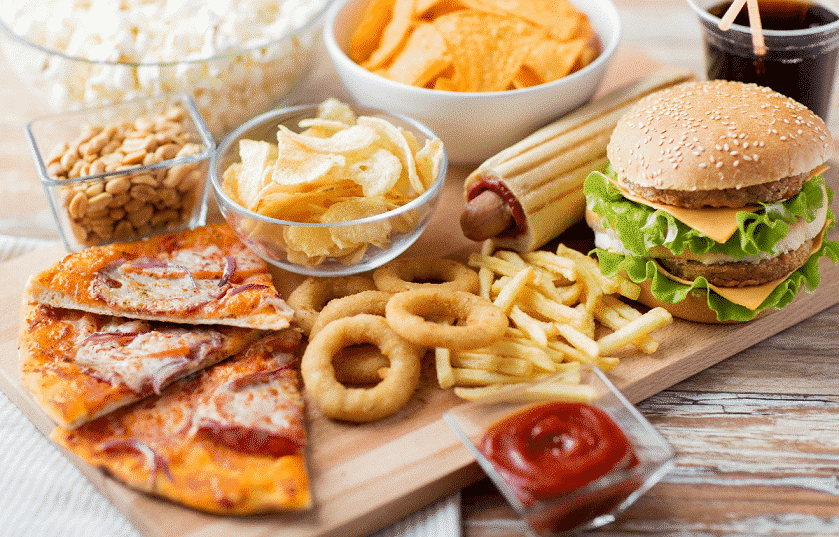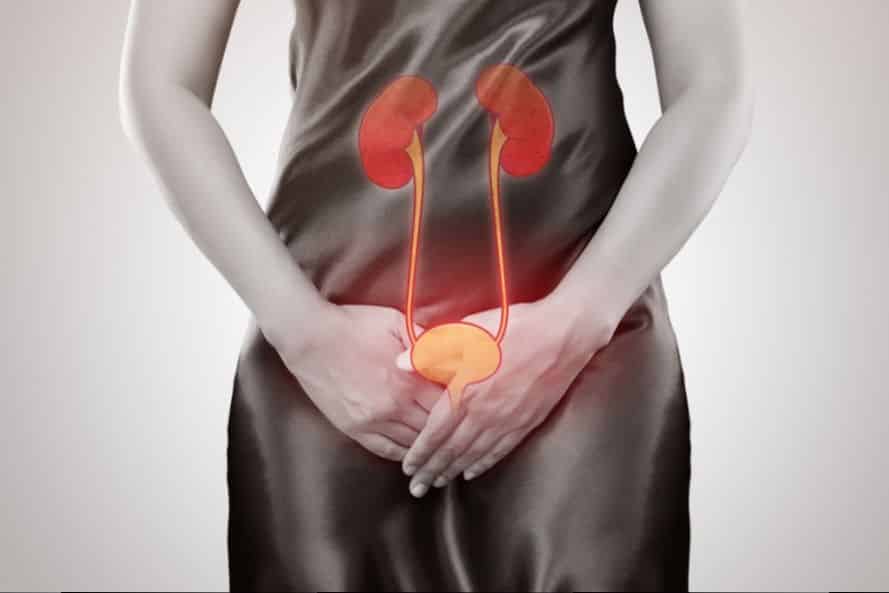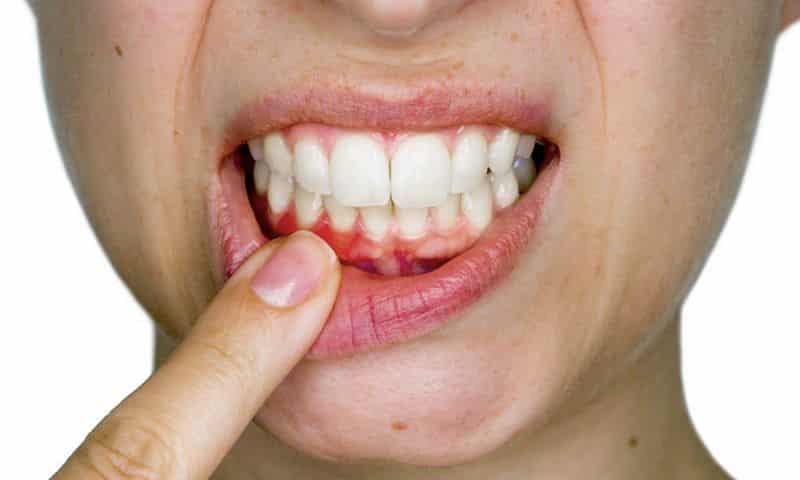Carbohydrates are present on everyone’s menu around the world. Despite this, excessive consumption can be harmful.
Carbohydrate consumption is part of the lives of the vast majority of people. It's hard to resist the delights of pasta, bread and sweets, as well as the rest of the foods that the category encompasses. Despite this, excess carbohydrates can still be harmful to the body, as can their deficiency: the secret is in balance.
Despite what many diets indicate, carbohydrates are essential for a healthy and balanced diet. Its components are essential for health, providing nutrition and energy, as long as they are regulated. When consumed in excess, however, it is possible to expect negative reactions resulting from the exaggeration.
It is popular knowledge that carbohydrates are also a gateway to the accumulation of fat and weight, but they are also responsible for the increase in triglycerides in the blood. The result can sometimes be harmful.
However, the body is capable of sending signals when carbohydrates are consumed in excess. Check out 8 symptoms and warnings below that it’s time to cut out such foods.

Signs of excess carbohydrates
It is important to remember that carbohydrate-rich foods are extremely easy to consume. They are pleasant to the palate and tasty, but the easier they are to eat, the more likely they are to be poor in nutrients, vitamins and minerals. This occurs because of the refining process, where empty calories trick the body. Despite this, it is essential to understand that there are still many carbohydrates essential to the diet, but of very different values than those normally ingested.
In this sense, there is a division between simple and complex carbohydrates. Simple carbohydrates are the most easily consumed and have the sweetest flavor. Present in French bread, white rice, refined sugar, biscuits and white flour, for example, they are quickly absorbed by the body. Its energy production is also extremely fast, occurring immediately after ingestion, and consequently increasing blood glucose.

Complex carbohydrates have a different level of nutrition. Its amount of minerals, fiber and vitamins is higher, and can be found in foods such as whole grain pasta, oats, lentils, chickpeas and other cereals.
Its digestion is much slower, gradually providing energy to the body, making the increase in blood glucose levels mild and prolonged. Thus, the feeling of satiety is much greater and lasts longer. These are the most recommended carbohydrates for consumption.
1 – Weight gain

One of the most obvious signs of excess carbohydrates in the body is weight gain. This occurs when we eat more calories than we burn, because the high amount of the macronutrient also generates an increase in insulin. Insulin is responsible for bringing glucose to the body's cells, stimulating fat cells to form more fat, as well as contributing to increased appetite.
However, the greater appetite comes into question with satiety, which is reduced with the high consumption of simple carbohydrates, which take a much shorter digestion time. So, the more you eat, the hungrier you are.
2 – Fatigue

Did you know that carbohydrates can contribute to the constant feeling of tiredness? The effect is caused by excess glucose in the blood. The increase in blood glucose leads to increased insulin release. Despite this, high glucose levels from excessive carbohydrate consumption make it difficult for insulin to process it. Finally, there is a lack of energy to carry out daily activities, in addition to food stimulating insulin resistance.
3 – Swelling

Likewise, carbohydrates can also be responsible for bloating. When it occurs frequently, it is extremely likely that the reason is the sugar present in food, excessively fermented by the bacteria in the intestinal flora and slowing down digestion. Hence the feeling of abdominal distension.
4 – Carbohydrates and skin problems

There's nowhere to run: acne and excess carbohydrates often go hand in hand. White flour is one of the biggest causes of skin inflammation, presented in the form of pimples. The increase in insulin production caused by its consumption is the reason for the greater stimulation of oil and sebum secretion on the face.
Likewise, the long-term problem is also responsible for accelerating the appearance of wrinkles and sagging, through glycation, or degradation of collagen and elastin fibers.
Similarly, hair can also suffer from unhealthy diet. Excess insulin releases hormones that can prevent cell division in the hair root, as well as inflammation in the scalp. Thus, the hair becomes thinner and more prone to falling out.
5 – Urinary infections

High blood sugar levels can also lead to an imbalance in the immune system. This makes it easier for infections to affect the body, such as candidiasis and urinary infections, for example. Both are symptoms of hyperglycemia. Furthermore, it is common for discharge to be greater in women who are used to eating a lot of carbohydrates, due to the fact that the pH becomes more acidic.
6 – Sleep problems

This case is specific to those used to eating carbohydrates at night. To process the glucose present in its composition, the body prevents you from resting. Cutting the intake of such components before bed is enough to regulate sleep, or just consume simple carbohydrates at times not so close to rest time.
7 – Carbohydrates and cavities

This factor is a maxim that many have probably heard in a dental office, but perhaps not in the same words. It is popular knowledge that sugar is harmful to oral health, causing tooth decay, which is the result of the metabolization of the component in the mouth by bacteria. Sugar makes the mouth's pH acidic, causing demineralization of tooth enamel and, ultimately, cavities.
This all occurs within a short period of time after ingesting the food. In addition to cavities, sweet carbohydrates also favor the accumulation of bacterial plaque, responsible for bad breath and gingivitis.
8 – Headquarters

From the same point of view, excess sugar leads to an increase in glucose, with high levels unable to be processed by the body and therefore seeking other ways to be excreted. The solution found is the release of liquids, which creates a constant urge to urinate, making you feel increasingly thirsty, in an endless cycle.
Benefits of carbohydrate
Despite all its negative points and which should be avoided, carbohydrates are still an essential source in everyone's daily menu, and should never be cut out, but rather regulated. Because it is extremely simple to find both types of carbohydrates to consume, both simple and complex, it is even easier to include them in your routine.

Its components are responsible for supplying energy to all cells and metabolic processes, as well as the activities that must be carried out on a daily basis. Furthermore, a lack of carbohydrates can lead to situations such as fainting, headaches, tremors and bad breath. They also release serotonin, providing a good mood, and not just because the food has a very pleasant flavor. This way, instead of cutting them out of your diet altogether, you just need to control your intake.
So, what did you think of this article? If you're interested, also check out Empty calories, what are they? Why is it bad for our body
Sources: Behring Laboratory, Practical Nutrition, Made from Iridium, Boa Forma
Images: Saúde RJ, Super Interessante, Marie Claire, Tua Saúde, PAS UFMS, Dr. Rodrigo Abreu, Magnus, Personare, Viva Bem, Rituaali, Luis Gustavo Leite



